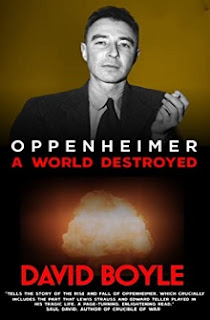This post first appeared at the Radix website...
Back in 1884, British law was like the new Ugandan law about homosexuality – it still rewarded proven sodomy with a death sentence.
It had done so back to the days of Henry VIII. Unfortunately for the prosecuting authorities, there was a limit to how you could prove something like that had actually taken place.
During the great and largely forgotten Dublin Scandal that year – when nationalists deliberately inflamed public opinion, trying to identify the ascendancy with homosexuality.
In the subsequent trial, many of those who had been leant on to give evidence – by a disgraced former Metropolitan Police detective employed by the nationalists as a fixer – found that they could not provide enough evidence that sodomy had actually occurred.
Was it possible to commit that kind of activity in a hansom cab? After considerable discussion, and some expert medical evidence, the lawyers decided that there really wasn’t enough space.
All those who had pleaded not guilty were acquitted, but the nationalist campaign had its effects.
The following year, at night, maverick backbench MP Henry Labouchère inserted a clause into the new Criminal Law Amendment Act 1885, that criminalised al sexual acts between men – in public or in private – and in such a way that, over the next eight decades, tens of thousands of young men would be pursued, imprisoned, and harassed.
Many – like Alan Turing (book just 99p on kindle this week!) – would take their own lives after years of threats.
It is worth remembering the Dublin Scandal when we think about Uganda today, now that they have passed a similarly grotesque law, which also lays down that death follows sodomy and life imprisonment for more minor homosexual episodes – and unlike the 1885 Act in the UK – it includes lesbians too.
I don’t know what will happen with the new law in Uganda. I suspect that it will bring with it intense international scrutiny, which – if it doesn’t cause it to be abandoned directly – it will defuse the sharpest edges in the way it is implemented and policed.
I certainly hope so.
Also, it reminds us just what happens in politicised moral panics where everyone is supposed to toe the line – only two Ugandan MPs voted against the new law.
I know about the Dublin Scandal and its role in forcing through the new Criminal Law Amendment Act in the UK because my great-great-grandfather, Richard Boyle – a former chair of the Dublin stock exchange – was one of those accused, and the only one to flee the country, wearing a false nose, in July 1884.
He eventually made his way to Denmark Hill in London where he lived with a young man until his death in the poor London air in the polluted winter of 1900. They are buried together.
It’s all there in my book Scandal (free on Amazon kindle)…




